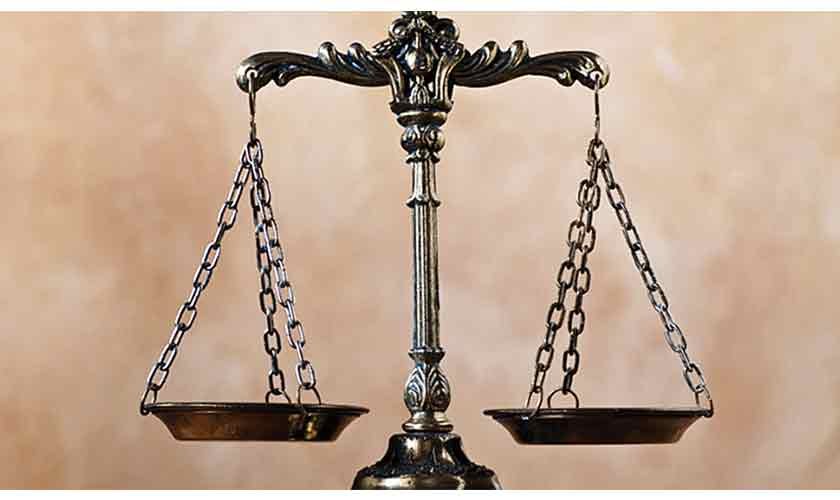The right to a fair trial is a cornerstone of justice in any legal system, ensuring that defendants are treated justly and impartially throughout legal proceedings. This fundamental right safeguards various procedural protections and principles designed to prevent miscarriages of justice and uphold the integrity of the legal system. This article explores what the right to a fair trial entails for defendants, including the key protections and procedural safeguards that are in place to ensure justice.
What Constitutes the Right to a Fair Trial?
Definition and Importance
Understanding the Right
The right to a fair trial guarantees that defendants receive a legal process that is just, unbiased, and conducted according to established rules. This right is fundamental to ensuring that individuals are not wrongly convicted and that their legal proceedings are handled with integrity.
Legal Framework
- International Standards: The right to a fair trial is enshrined in international human rights treaties, such as the International Covenant on Civil and Political Rights (ICCPR).
- National Constitutions: Most national legal systems, including the U.S. Constitution’s Sixth Amendment and similar provisions in other countries, protect this right.
Key Protections and Safeguards
Right to an Impartial Jury

Ensuring Fairness
- Jury Selection: Defendants are entitled to a trial by an impartial jury, meaning that jurors must be unbiased and selected through a fair process.
- Challenge and Voir Dire: Both the defense and prosecution have the right to challenge potential jurors and question them during voir dire to ensure impartiality.
Right to Legal Representation
Access to Counsel
- Right to a Lawyer: Defendants have the right to be represented by a lawyer. If they cannot afford one, the court will appoint a public defender or legal aid attorney.
- Effective Counsel: The lawyer must provide competent and effective representation to ensure that the defendant’s rights are protected throughout the trial.
Right to a Public Trial
Transparency and Accountability
- Open Proceedings: Trials are generally held in public to ensure transparency and allow the community to observe the legal process.
- Exceptions: Certain cases may be closed to the public to protect sensitive information or the privacy of the individuals involved.
Right to a Speedy Trial
Timely Justice
- Avoiding Delay: Defendants are entitled to a trial that is conducted within a reasonable time frame to prevent undue delays that could impact their defense and prolong uncertainty.
- Legal Standards: Different jurisdictions have specific time limits for when a trial must commence, and delays can be challenged if they exceed these limits.
Procedural Safeguards for Defendants
Presumption of Innocence
Fundamental Principle
- Innocence Until Proven Guilty: Defendants are presumed innocent until proven guilty beyond a reasonable doubt. This principle ensures that the burden of proof rests with the prosecution.
- Impact on Trial: The presumption of innocence influences various aspects of the trial, including the presentation of evidence and the evaluation of guilt.
Right to Confront Witnesses
Cross-Examination
- Challenging Evidence: Defendants have the right to confront and cross-examine witnesses presented by the prosecution, allowing them to challenge the credibility and reliability of testimony.
- Confrontation Clause: This right is protected under the Confrontation Clause of the U.S. Constitution and similar provisions in other jurisdictions.
Right to a Fair and Impartial Judge
Judicial Fairness
- Unbiased Adjudication: Judges must be impartial and avoid any conflicts of interest or biases that could affect their decision-making.
- Recusal: Defendants can request the recusal of a judge if there is a legitimate concern about impartiality.
Challenges and Violations of the Right to a Fair Trial
Common Issues
Examples of Violations
- Bias and Prejudice: Instances where jurors, judges, or other participants exhibit bias or prejudice that affects the fairness of the trial.
- Inadequate Legal Representation: Situations where defendants do not receive effective legal counsel, impacting their ability to mount a proper defense.
- Procedural Errors: Mistakes or irregularities in trial procedures that undermine the fairness of the process.
Addressing Violations
- Appeals: Defendants can appeal convictions based on violations of their right to a fair trial, seeking a new trial or other remedies.
- Legal Remedies: Courts may grant new trials, dismiss charges, or take other corrective actions in response to proven violations.
Conclusion
The right to a fair trial is essential for maintaining the integrity and fairness of the legal system. By ensuring that defendants are treated justly, provided with competent legal representation, and afforded various procedural protections, this fundamental right helps to prevent miscarriages of justice and uphold the rule of law. Understanding these protections and the challenges that can arise helps to appreciate the critical role they play in ensuring a just and equitable legal process.










